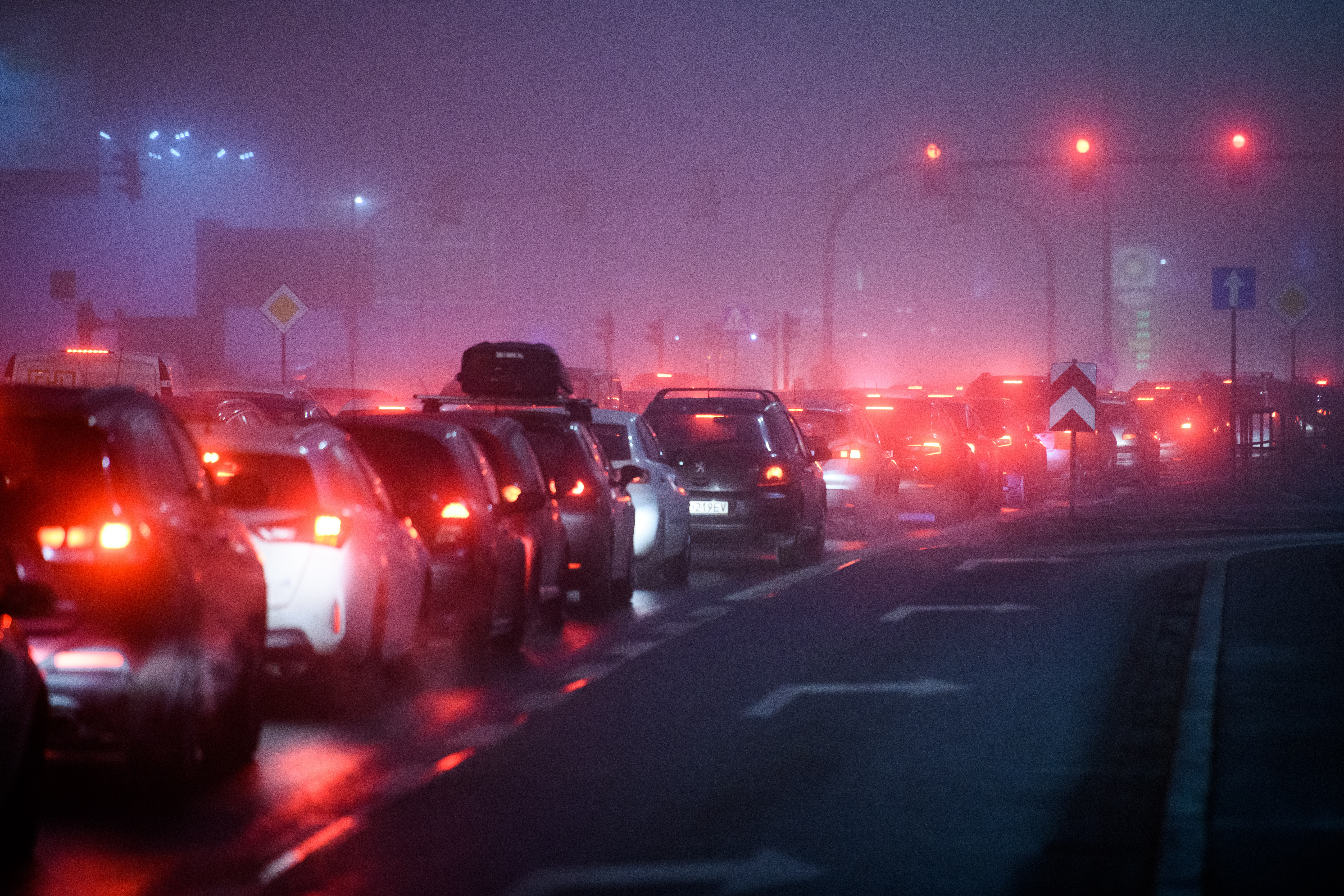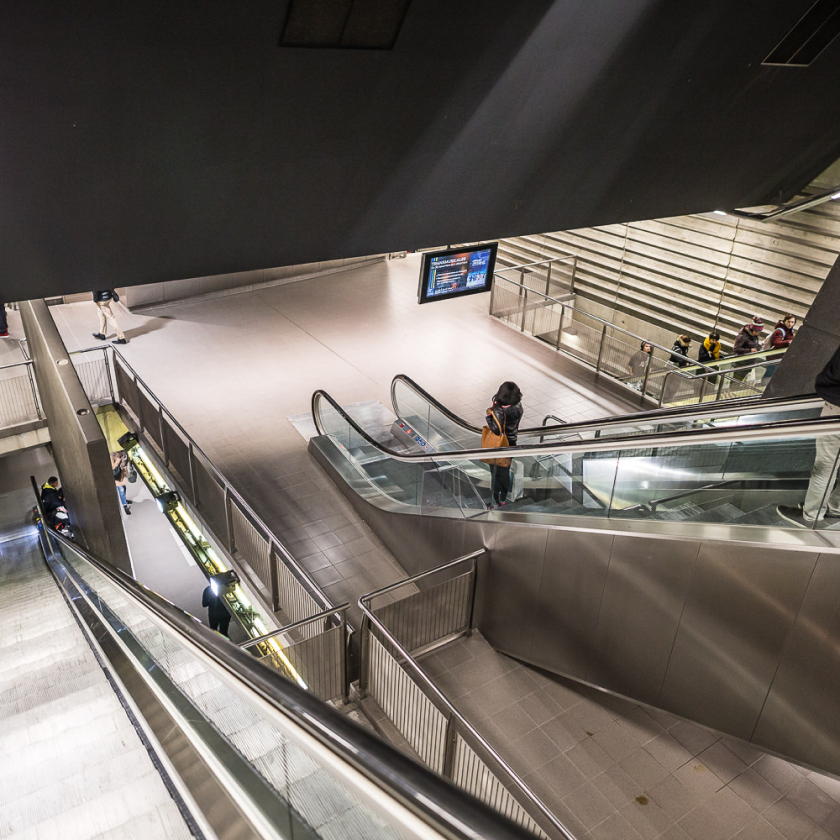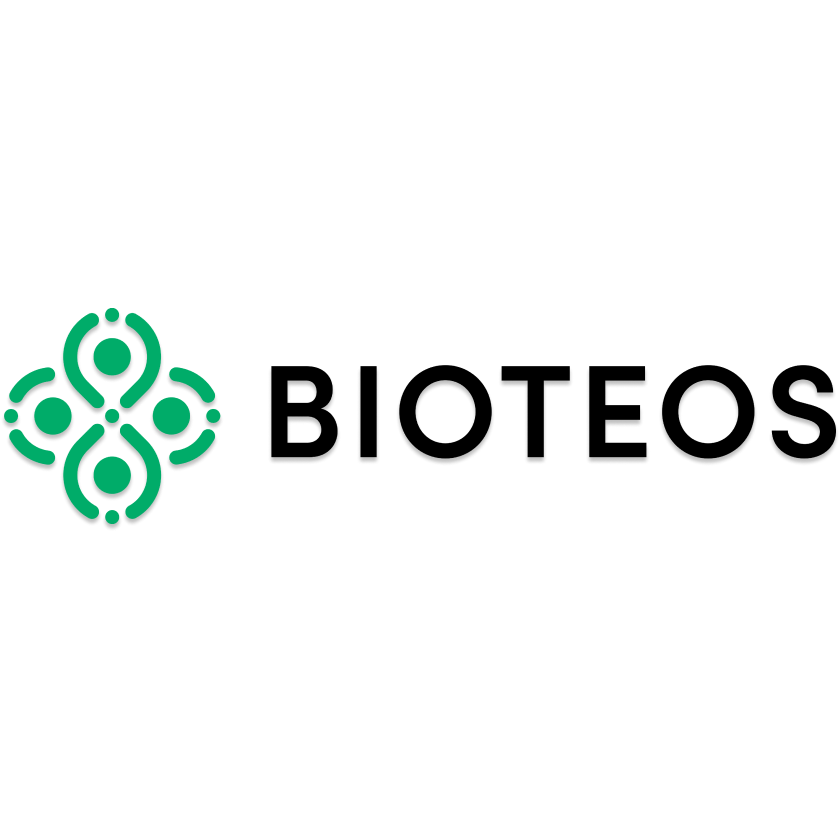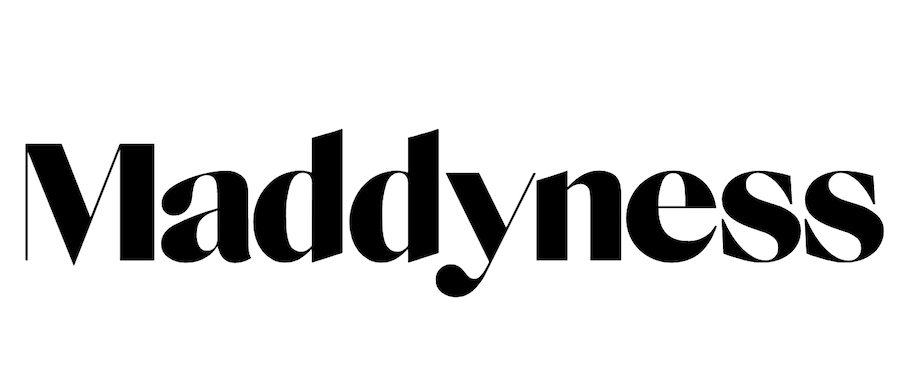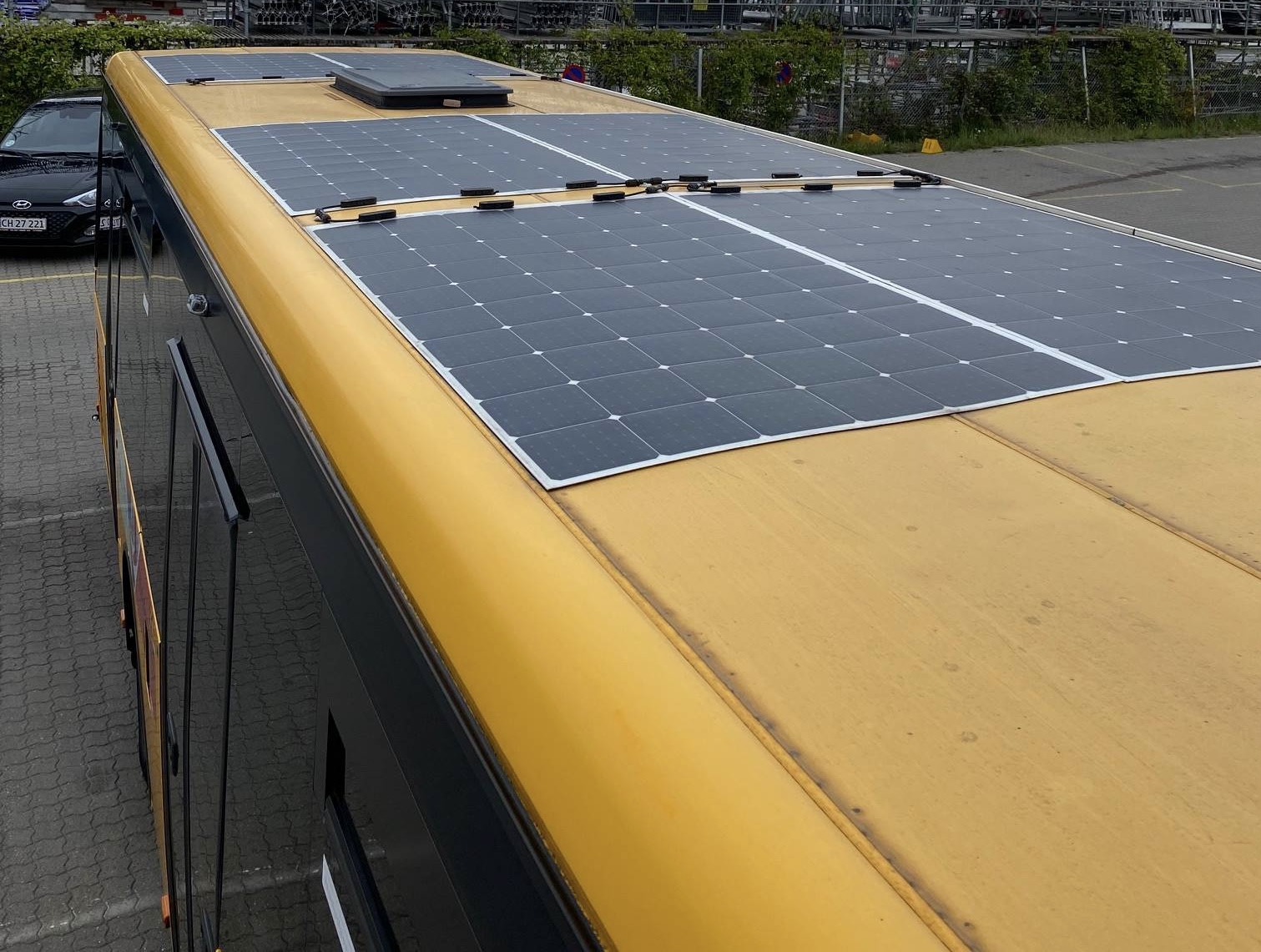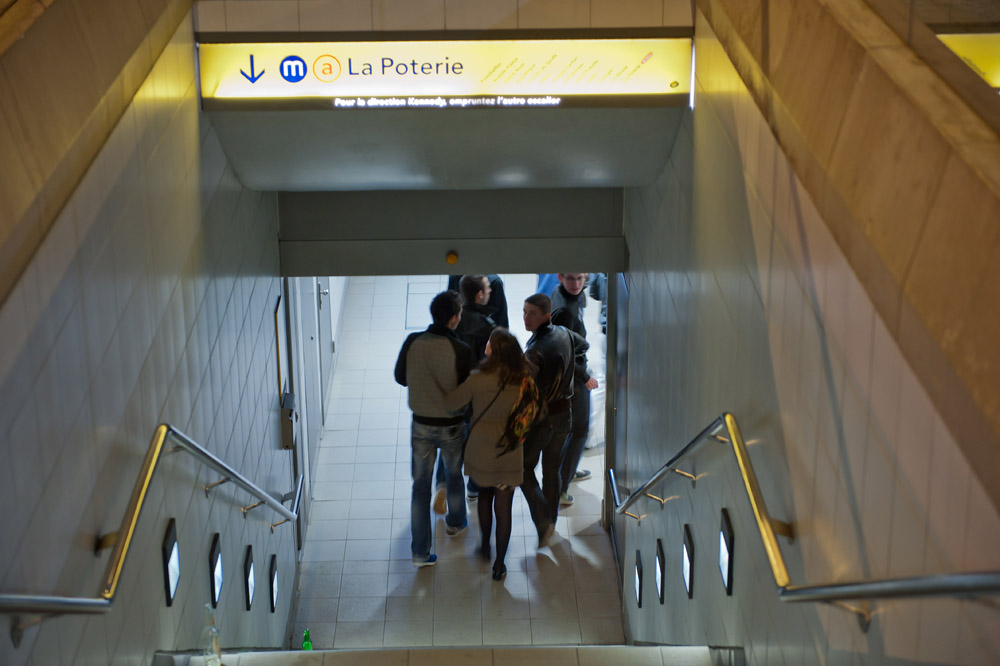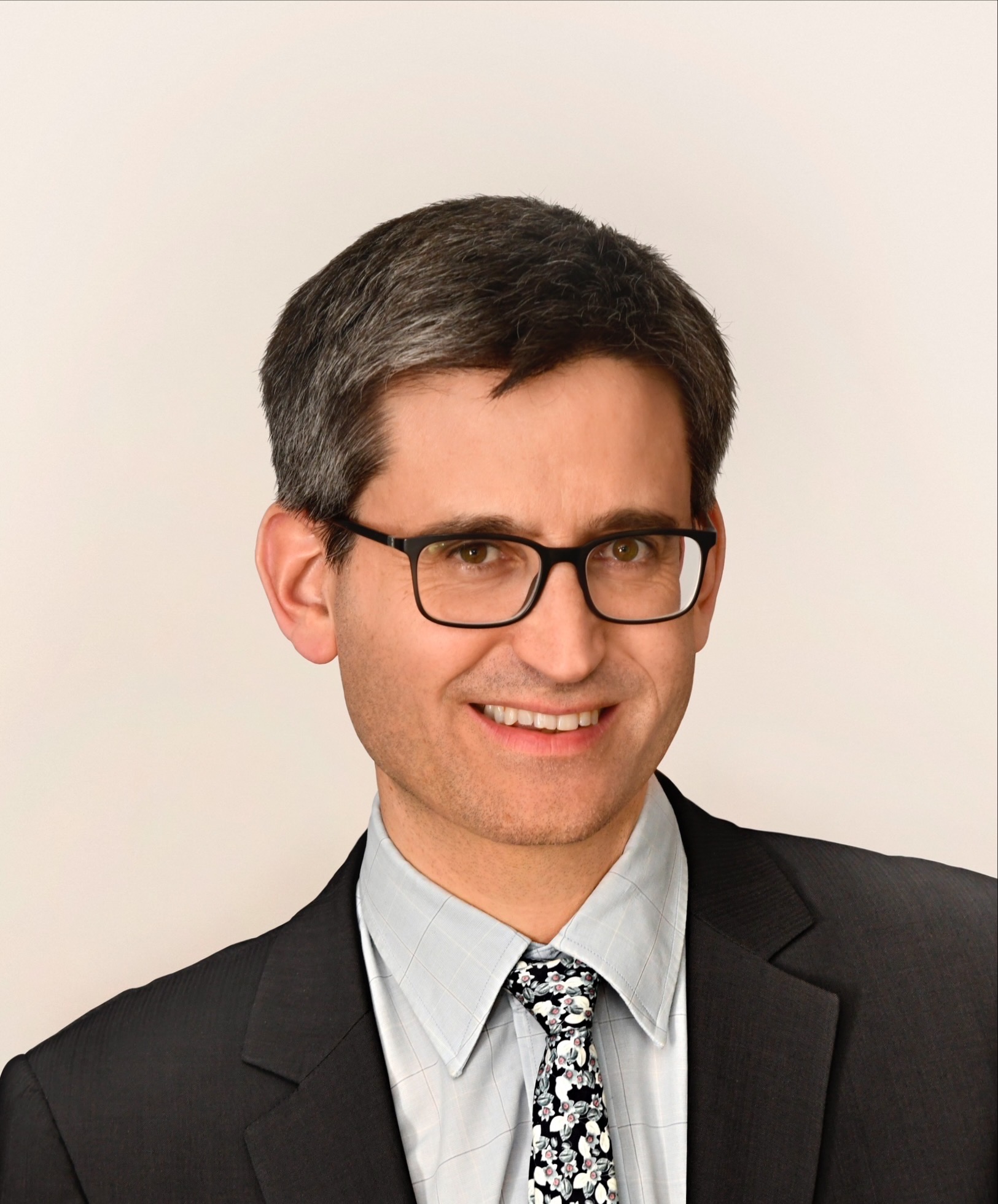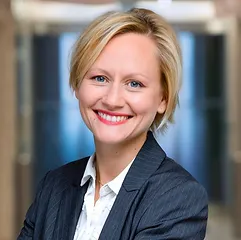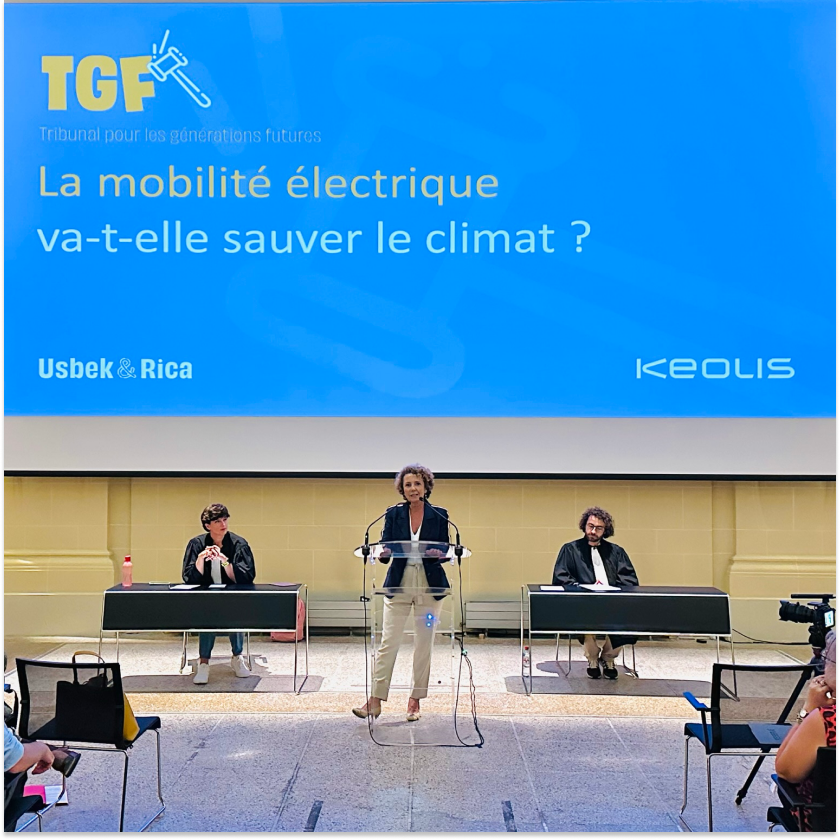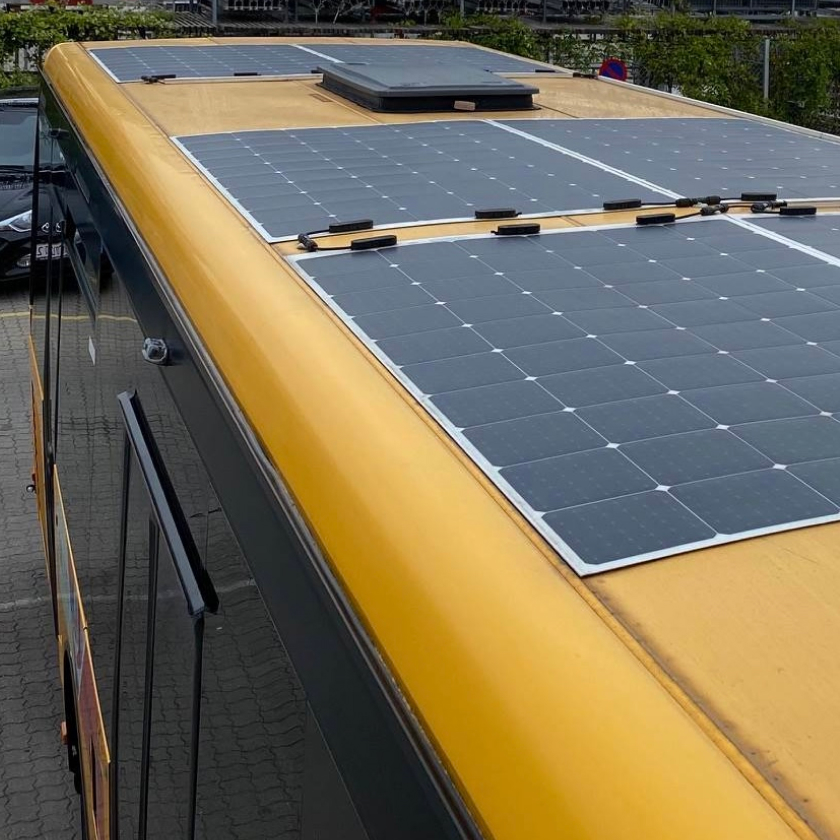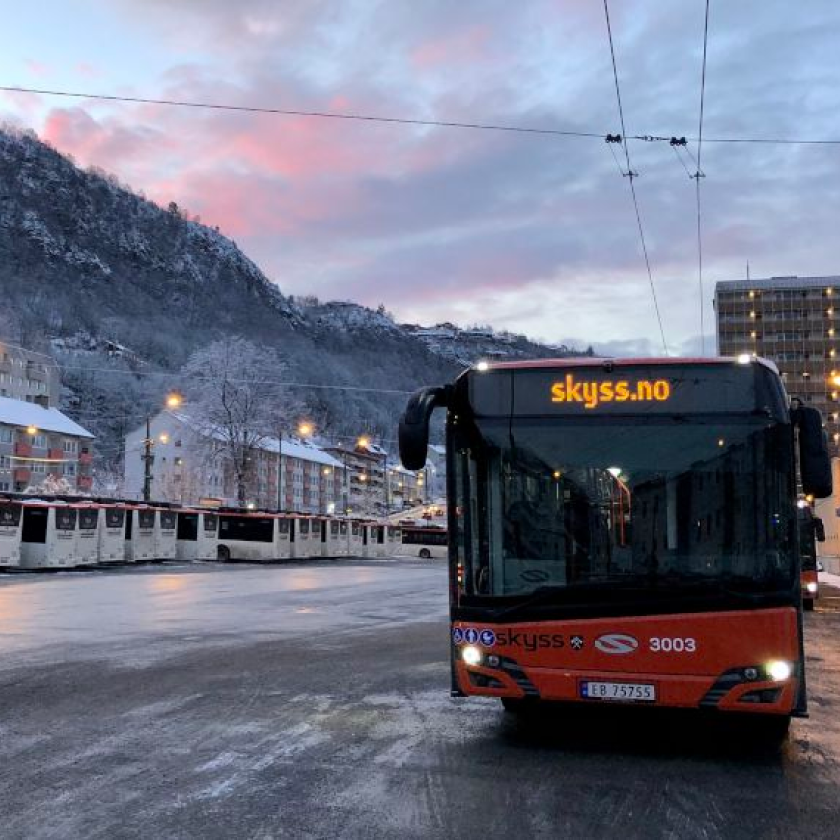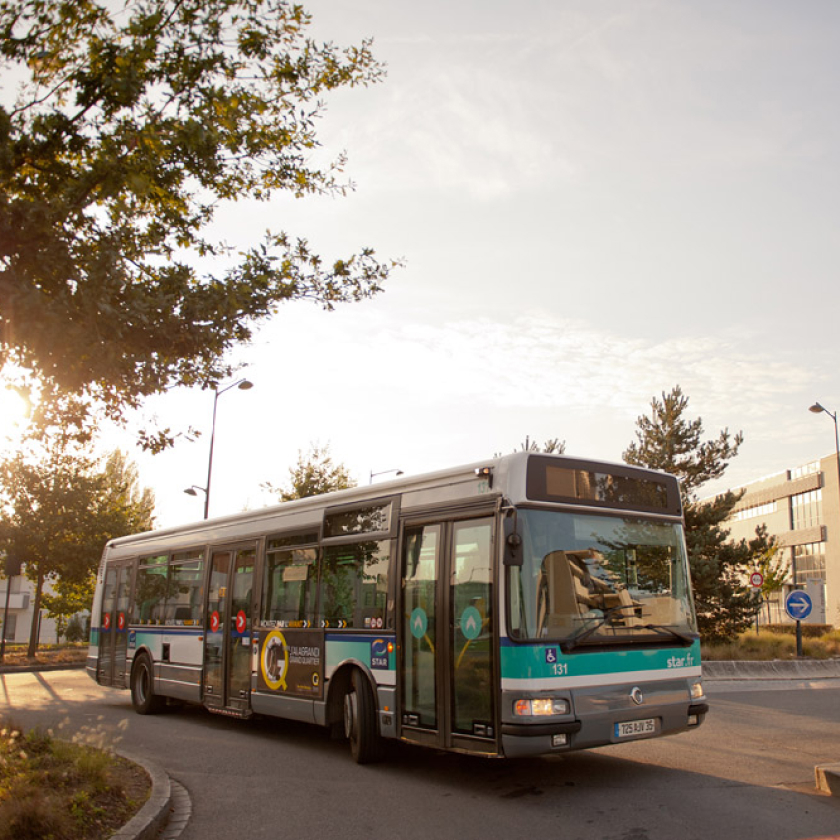Air pollution, a challenge for the environment and public health
Fine particles from natural and industrial sources alter the air we breathe. Every year, air pollution is responsible for 48,000 premature deaths in France and more than nine million worldwide. While transportation contributes to this phenomenon (for example, through fuel combustion and abrasion of tires and braking systems), the massive shift towards shared and motorless mobility is making it possible to reduce the impact of transport on air quality. For this reason, Keolis intends to develop alternative forms of mobility and limit its own emissions while controlling the air quality of its underground metro stations and trains. These major challenges are also opportunities to innovate in the service of passengers.
